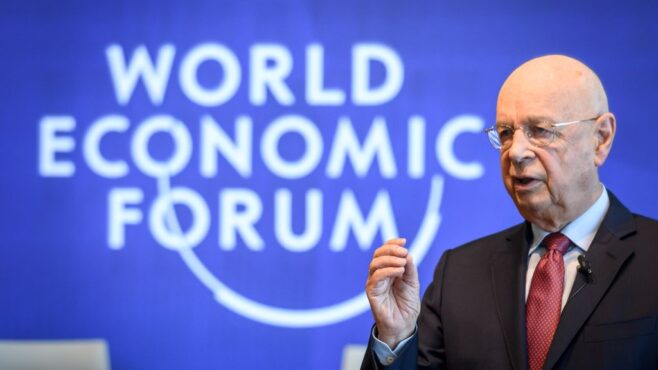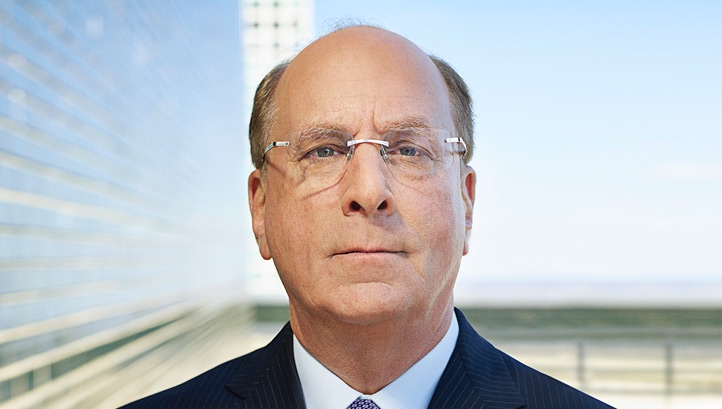Corporate ‘wokeism’: ‘Thanks for having me.’
Book Review: American biotech entrepreneur targets Silicon Valley, Big Pharma and Wall Street.
Book Review: American biotech entrepreneur targets Silicon Valley, Big Pharma and Wall Street.
The calling card for anyone promoting their views on public radio is, “Thanks for having me.” It has replaced other greetings and is endemic on news and talk shows that involve authors of new books, zealous lobby groups and anyone else with a cause.
It is not restricted to the so-called progressive sector of politics, either. The corporate world is also full of “wokeism” that employs notions such as “diversity,” “equity,” “inclusion” and “sustainability.”
In activities that involve the environment, such as farming, mining, transport and manufacturing, these terms are sometimes cynically branded as “greenwashing.” In others, such as human resources, government departments and higher education, they are likely to be branded as “tokenism” or “quotas”.
It’s a debate that business cannot win, such is the disenchantment with capitalism and corporatism, particularly among the younger generations. This is a global phenomenon and one that owes much of its momentum to the US, normally regarded as having the purest form of capitalism and still the place where anyone can best make their fortunes.
Traitor’s pushback
While cynics provide some pushback against corporate wokeism, a more substantial critique has come from the entrepreneurial son of Indian immigrants who settled in Ohio some 40 years ago.
Vivek Ramasamy, 35, labels himself as a traitor to his class. In 2014, he founded a successful biotech company, Roivant Sciences, at 28 after briefly working at a hedge fund. His education included a Jesuit high school (he was the only Hindu), and degrees in molecular biology from Harvard and law at Yale.

In January, he stepped down as chief executive to write Woke, Inc, in which he expands his views on stakeholder capitalism, free speech and woke culture. He defines wokeism as a religious-like response to the “moral vacuum” created by the loss from public life of faith, patriotism and “the identity we derived from hard work”.
This was accompanied by a decline in respect for capitalism with corporations as the bad guys. “The old left wanted to take money from corporations and give it to poor people,” Ramasamy says. But wokeism has enabled the capitalists to hold off any social revolution while concentrating their power to determine American values.
“Woke culture posits a new theory of who you are as a person, one that reduces you to the characteristics you inherit at birth and denies your status as a free agent in the world,” he adds.
Soviet-style purge
The trigger for his concern was the January 6 storming of the Capitol Building in Washington DC, describing it as a “disgrace” and a “stain on our history”. His fears worsened when the Silicon Valley tech giants “cancelled” not only those responsible, including President Donald Trump, but also everyday conservatives, among whom he counted himself.
“It was a Soviet-style ideological purge, happening in plain sight … except the censorship czar wasn’t the government.”
When Ramaswamy went public with comments in The Wall Street Journal, advisers to his company, investors, employees and even close friends railed against him, prompting him to hand over the reins to his chief financial officer.
After a snappy scene-setting, Ramaswamy lines up his targets, starting at the top with Wall Street’s most famous institution.
In 2006, he interned at Goldman Sachs, learning little except the Goldman Rule – “He who has the gold makes the rules.”
Fourteen years later, Goldman CEO David Solomon announced at the World Economic Forum (WEF) in Davos that his investment bank would not float any new company unless it had at least one “diverse” member on its board. Yet, in the previous year, every single company in the S&P 500 had already appointed at least one woman as a director.
Goldman’s declaration was merely a way of attracting praise without taking any real risk. But the timing was significant: it coincided with US$5 billion in fines by governments around the world for Goldman paying US$1b in bribes to work for the corrupt 1Malaysia Development Fund.
Another target is the WEF itself, whose founder and CEO Klaus Schwab is described as the “patron saint of wokeism” for his advocacy of stakeholder capitalism, a concept that is often replaced in New Zealand by the term “social licence” to do business.

Shareholders v stakeholders
The US Business Roundtable, which represents 181 major corporations, replaced the main mission of its members from serving shareholders’ interests to those of stakeholders. Ramaswamy’s objection isn’t that this is economically inefficient but that it is a reflection of the Goldman Rule – that corporations are now making decisions on morality and other issues that are the realm of politicians and the democratic process.
He points the finger at the likes of investment fund BlackRock CEO Larry Fink, who wants to tackle issues from labour practices and workforce diversity to climate change, or Twitter’s Jack Dorsey, who censors political views he considers objectionable.

Ramaswamy is not opposed to corporations acting in the public interest, instancing the views of former Merck chairman and CEO Ken Frazier. He said companies had a duty to “stabilise society” against increasing economic inequality and racial injustice.
Frazier also lamented that society was in danger of falling apart “when people don’t believe in our institutions, they don’t believe in our system, they don’t believe there’s fundamental fairness…”
Loss of faith
But Ramaswamy counters that it is the actions of large corporations, in wielding their power to silence others, that contributes to the public’s loss of faith. If Merck wants to be a good corporate citizen, he argues, then it should remain a company devoted to creating good medicines and giving priority to its customers instead of social causes.
This silencing of debate is akin to the “old-world European model, where a small group of elites gets in a room and decides what’s good for everyone else”, Ramaswamy says.
Historically, the danger of elites wielding too much power was partly the purpose of limited liability companies, which protected shareholders but also reined in corporate power and excess.
Ramaswamy takes issue with advocates of classical capitalism, such as Milton Friedman, because they evade the issue of social obligation. In doing so, they miss the opportunity to defend shareholder primacy on the grounds it protects democracy from both managers and shareholders.
The same applies to non-for-profit organisations that are tax-exempt as long as they confine their activities to charitable causes. The result is a grand bargain that restricts capitalist over-reach while benefitting society.
Dealing with dictators
One of the most interesting issues is how to deal with authoritarian governments that become stakeholders in a western business. No country has mastered this dark art better than China. An example is Airbnb, which professes its wokeism through support for Black Lives Matter and other causes while also sharing its customers’ data with a major stakeholder, the Chinese Communist Party (CCP).
The latter uses stakeholder capitalism to exercise its control over any western organisation doing business there – from Disney censoring its films to the NBA forbidding basketball players to speak out on the loss of freedom in Hong Kong.
The WEF holds major conferences on stakeholder capitalism in China as well as Russia and Saudi Arabia, while the CCP through its cultural affiliates uses woke tools to cancel views it doesn’t like in universities around the globe.
If nothing else, Ramaswamy’s case against wokeism should alert some re-assessment within businesses that boast of their credentials in the cause of social justice.
It’s easy to write this off as corporate hypocrisy. But a more nuanced view would challenge whether Coca-Cola or any other major corporation has the right to declare its position on a social issue and thus bind the democratic rights of its employees.
Woke, Inc: Inside the social justice scam, by Vivek Ramaswamy (Swift Press)
Nevil Gibson is a former editor at large for NBR. He has contributed film and book reviews to various publications.
This is supplied content and not paid for by NBR.